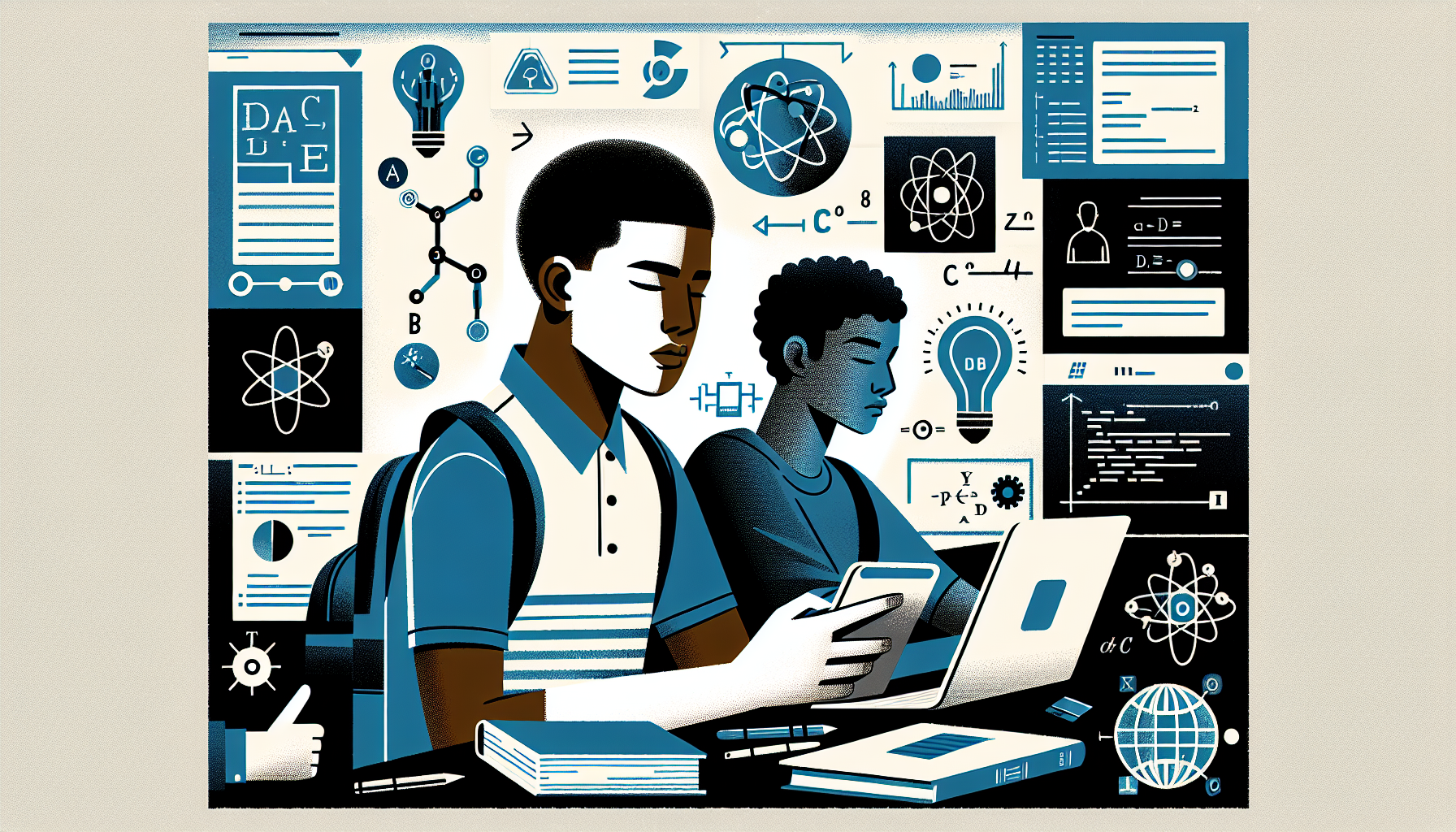Secrets to remembering organic chemistry reactions loom large for many STEM students tackling this intricate subject. Understanding the underlying patterns can be challenging, but grasping these complexities could transform your academic experience. Explore realistic ways to demystify these daunting reactions.
Mastering Memory Techniques For Better Retention
Understanding how your brain processes information can aid you in remembering complex chemistry reactions with ease. Engaging with materials through active recall can significantly bolster your memory. This involves testing yourself on the reactions instead of passively reviewing notes. Use mnemonics and creative acronyms to link unfamiliar concepts to things you already know, crafting a mental map that simplifies how information is stored.
Chunking Information
Breaking down reactions into smaller, more manageable parts, or ‘chunks,’ can reduce cognitive load and make recall easier. Try to group reactions by themes or mechanisms like substitution or elimination, making large blocks of content simpler to digest.
Create Visual Aids
Drawing mechanisms or reaction pathways and highlighting them with colors can improve how these concepts stick in your memory. These visual aids add another layer of retention, translating abstract concepts into more tangible, understandable forms.
Practicing these memory techniques regularly can dramatically enhance how well you retain organic chemistry reactions, turning a challenging task into a feasible and confident part of your study regime.
Utilizing Course-aligned Resources Effectively
Finding the right resources can transform your understanding of tough subjects. Focus on course-aligned resources that match your curriculum. This ensures that you are studying relevant material directly related to your exams and assignments.
Utilizing video lectures from trusted educational platforms can provide visual explanations that are easier to memorize. Pair these with textbooks or online articles that teachers recommend. This helps reinforce concepts and fills gaps left by lectures.
Interactive Study Tools
Take advantage of interactive features like quizzes and flashcards that often come with online courses. They can help with practice and recall, offering instant feedback on your progress. These tools not only make learning fun but also deepen your engagement with the material.
Study Groups and Online Forums
Join study groups or online forums where you can discuss difficult topics. Engaging with peers on the same learning path can provide valuable insights and different perspectives on how to tackle complex problems. It’s a collaborative way to strengthen your understanding.
Combining these resources systematically will not only help you grasp chemistry reactions more effectively but also improve other areas of your study habits.
Transforming Organic Chemistry Struggles Into Successes
To turn struggles in organic chemistry into successes, start by identifying the concepts that challenge you. Focus on strengthening your understanding of these areas by using diverse study methods like diagrams and reaction mechanisms. Simplifying complex ideas into basic steps can make them more manageable.
Connect challenging topics to real-world examples. Relating reactions to everyday processes helps in visualizing and grasping their significance. For instance, think about how ester formation is similar to making soap or how amino acids build proteins in the body.
Seek Peer Support
Joining study groups can provide encouragement and alternative explanations for difficult concepts. Peers often have different perspectives and might share strategies that worked for them. Being part of a group maintains motivation and accountability in tackling this tough subject.
Leverage Technology
Use apps and online tools dedicated to organic chemistry, which offer practice problems and step-by-step tutorials. Visualizing molecules and reactions in 3D can enhance comprehension and recall.
Implementing these strategies incrementally can transform your approach, making organic chemistry not only feasible but enjoyable.




